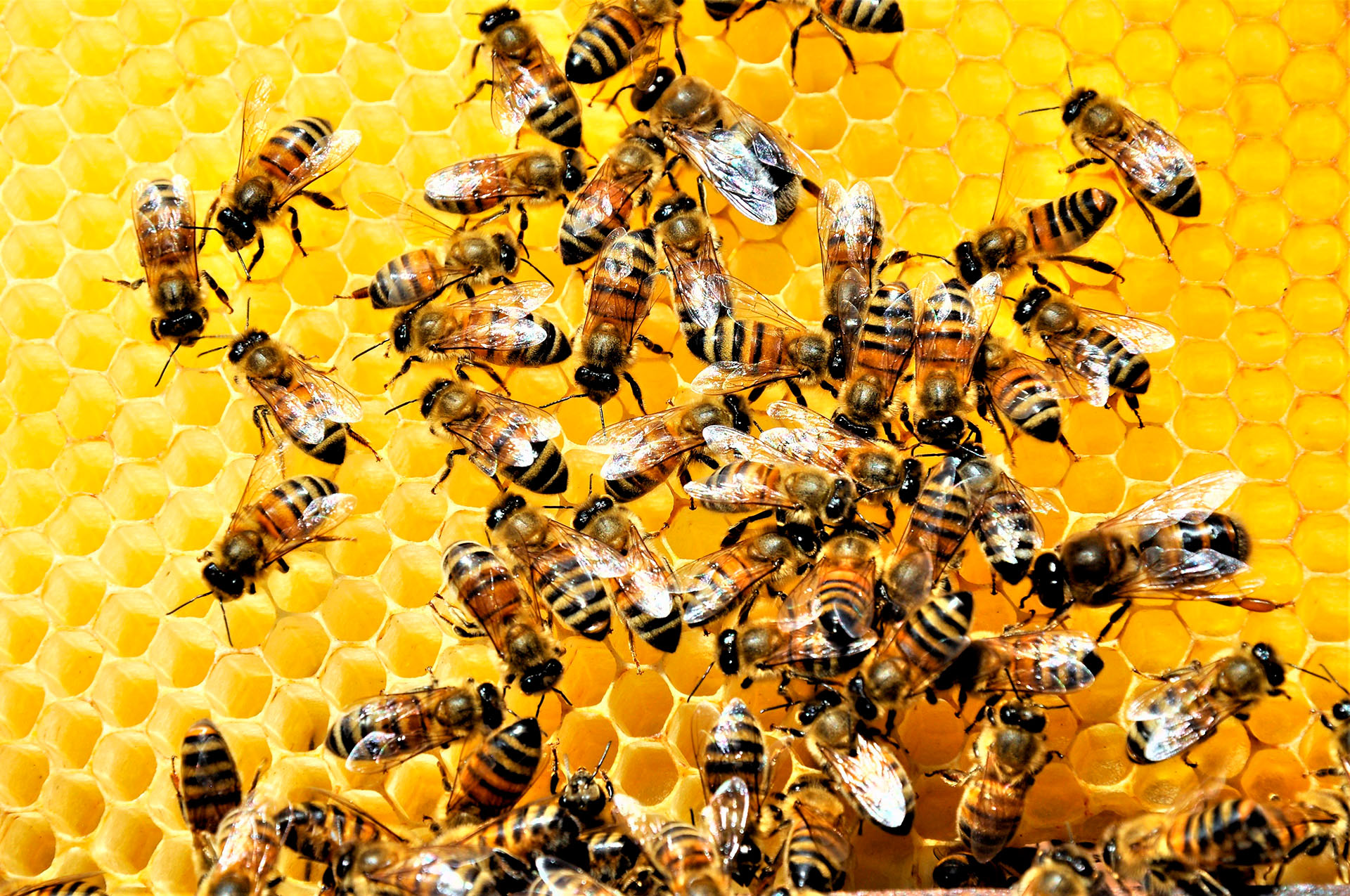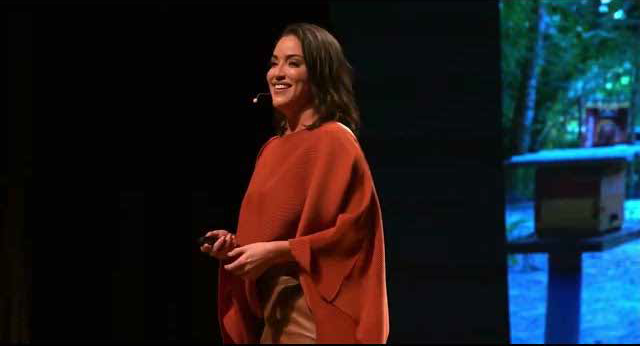
Bee2Be was born with a clear purpose: to prove that regeneration is possible when science, nature, and communities work together.
Our methodology is grounded in community development and respect for human rights, placing people at the center of decision-making. We work so that communities become protagonists of change, valuing local assets and traditional knowledge as the foundation for sustainable solutions.
Bee2Be’s social technology emerges from this interaction: accessible, low-cost, high-impact practices capable of regenerating ecosystems, strengthening value chains, and generating socio-economic prosperity. Replicable across different regions, our model transforms the relationship with bees into a strategy that integrates sustainability, innovation, and inclusion.
It all started with Simone Ponce, from Cuiabá, Mato Grosso, who faced health challenges since childhood. Over time, Simone transformed pain into purpose and found in nature the path to regeneration.

Diagnosed with fibromyalgia, she sought alternatives to alleviate the symptoms of this chronic condition. That was when she discovered the benefits of bee products, such as pollen and propolis. The relief she found in these natural elements awakened not only hope but also a deep admiration for the transformative power of bees.
From this experience, Bee2Be was born. Its mission is to transform the role of bees in nature into a sustainability solution that generates value for companies, ecosystems, and communities.